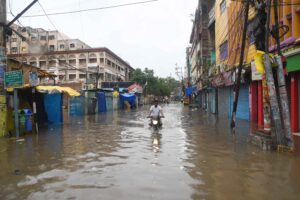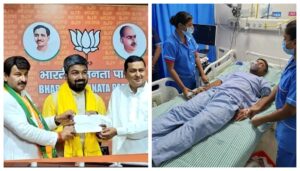IIT Patna Hosts National Lightning Conference, Unveils NITISH Device to Combat Fatalities
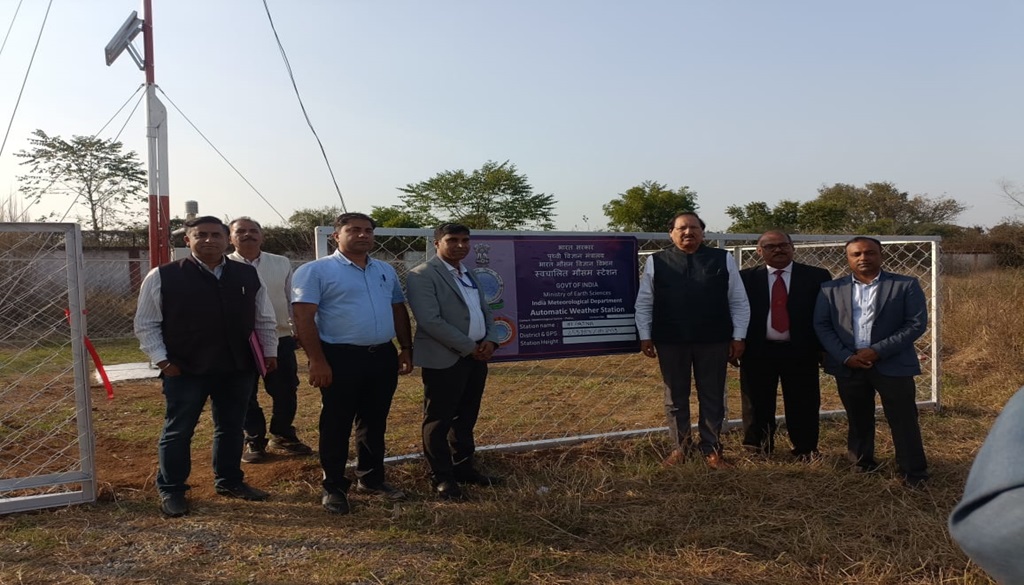
Patna: IIT Patna played host to a pivotal National Lightning Conference on Friday, uniting stakeholders in a concerted effort to address the alarming issue of lightning-related fatalities. With a focus on fostering scientific knowledge dissemination and societal engagement, the conference served as a crucial platform for dialogue, collaboration, and strategic planning.
Central to the discussions was the unveiling of a groundbreaking innovation by IIT Patna – the NITISH device (Novel Initiative Technological Intervention for Safety of Human lives). Engineered to provide lightning alerts to individuals, the device represents a significant stride in bolstering lightning resilience across Bihar. Professor TN Singh, Director of IIT Patna, underscored the institution’s commitment to spearheading technical support and community-based initiatives aimed at mitigating lightning risks.
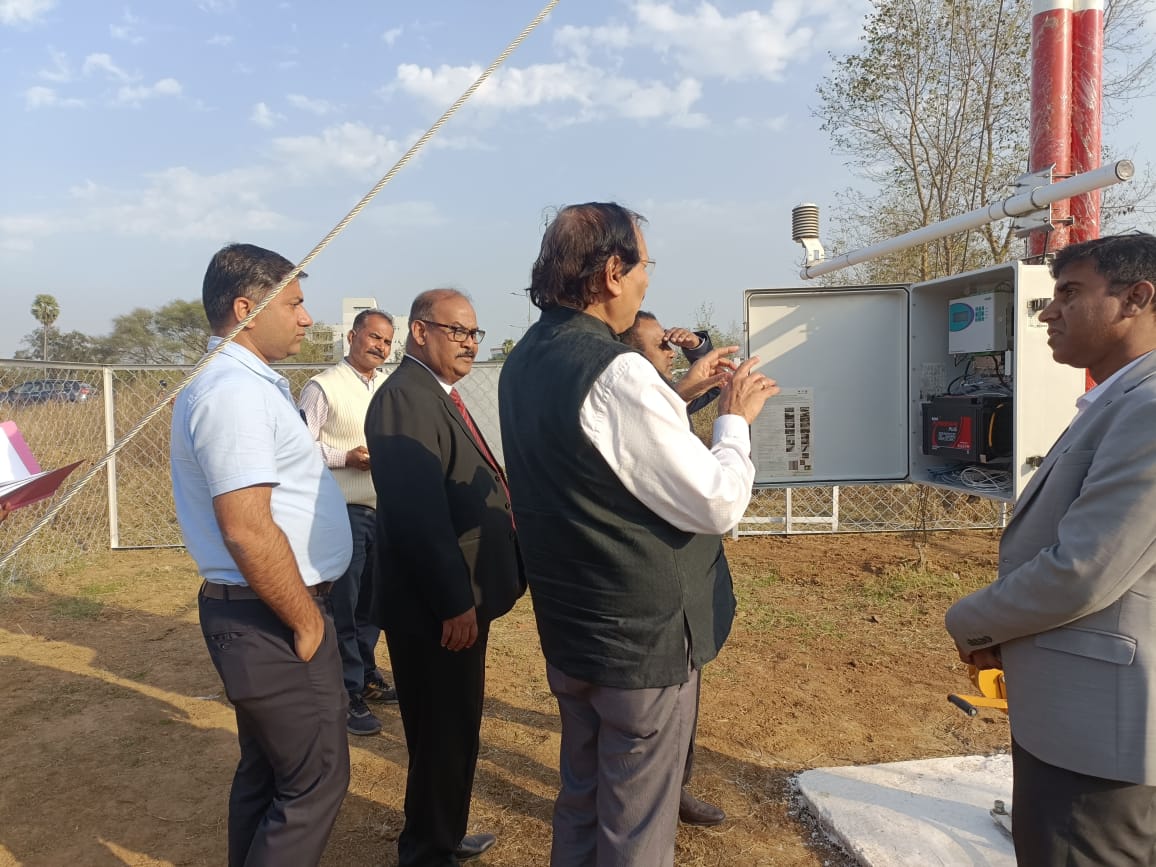
Inaugurating the National Lightning Resilience Conference, organized in collaboration with the Climate Resilient Observing Systems Promotion Council (CROPC), the India Meteorological Department (IMD), and CARITAS India, Professor Singh also unveiled a Lightning Resilience Study Report covering five eastern states, including Assam, Bihar, Odisha, Jharkhand, and West Bengal. The report delineated key challenges, including public awareness gaps and inadequate mitigation measures, while also spotlighting the adoption of Lightning Early Warning (EW) systems.
Dr. Ashish Kumar, Director of the Indian Meteorological Department (IMD) Patna, emphasized the pivotal role of the Automatic Weather Station inaugurated at IIT Patna. This state-of-the-art station promises to enhance monitoring capabilities for lightning and other weather phenomena, providing invaluable data for research and forecasting endeavors.
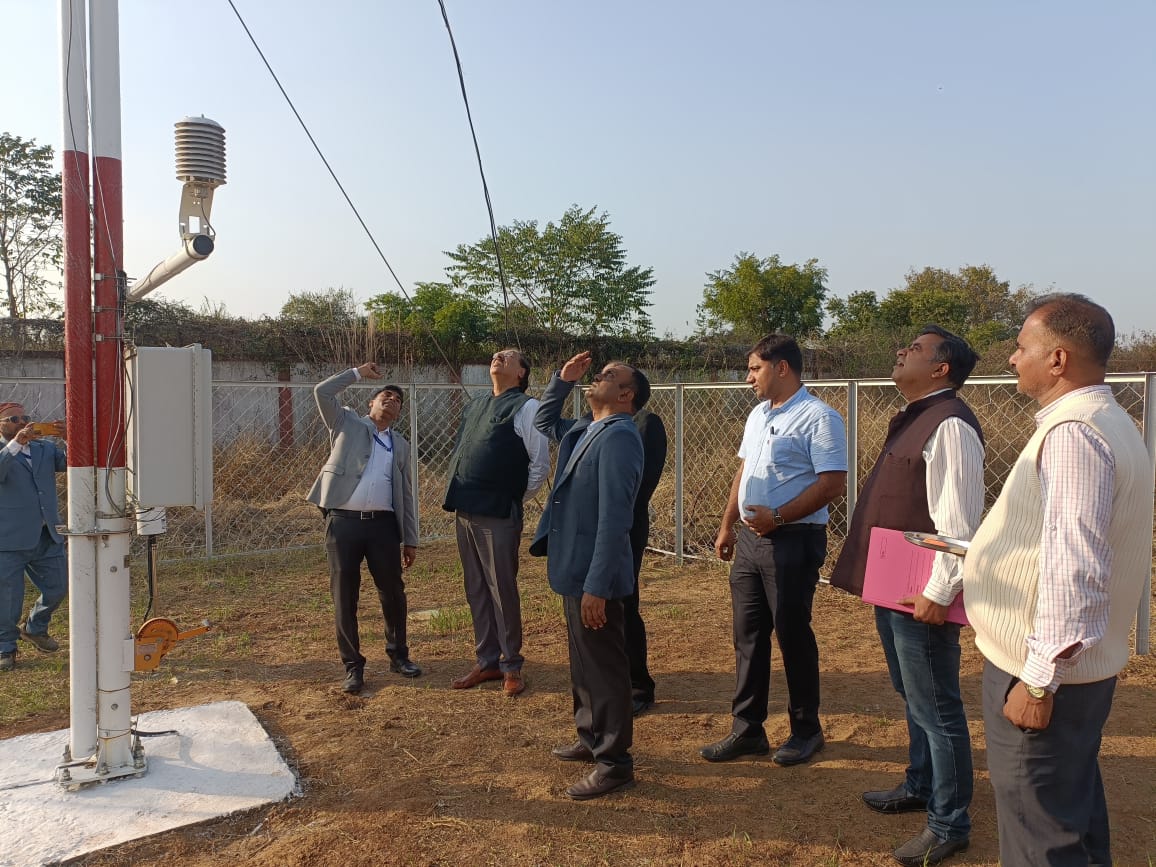
Further enriching the discourse, Anand Shankar from IMD Patna presented the micro zonation of the state, a strategic initiative aimed at refining ground truthing efforts. By accurately identifying vulnerable areas, this endeavor seeks to fortify preemptive measures against lightning-related risks.
The conference also spotlighted the collaborative effort between CARITAS India and the Climate Resilient Observing System Promotion Council (CROPC) in unveiling the Lightning Residence Study Report. Delving into the root causes of lightning-related fatalities, the report outlined best practices, technological interventions, and action plans tailored for gram Panchayats and farmers.
The convergence of cutting-edge technology, scientific research, and collaborative initiatives at the National Lightning Conference underscores a concerted endeavor to bolster resilience against lightning disasters. Through these concerted efforts, experts aim to empower communities with the knowledge and tools needed to mitigate the impact of lightning events, heralding a promising stride towards a safer and more resilient future.


